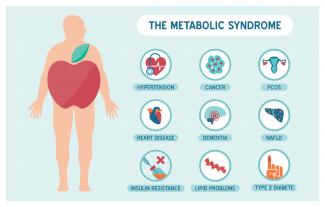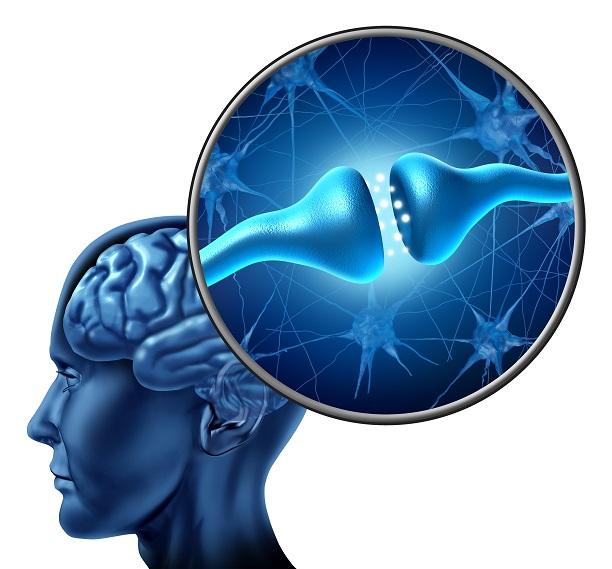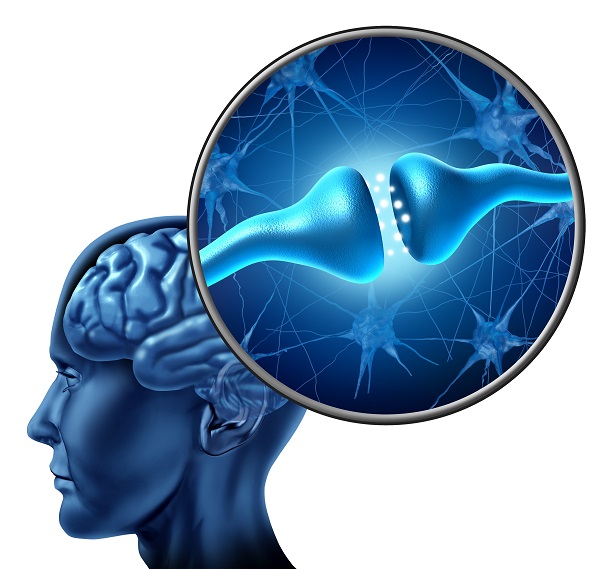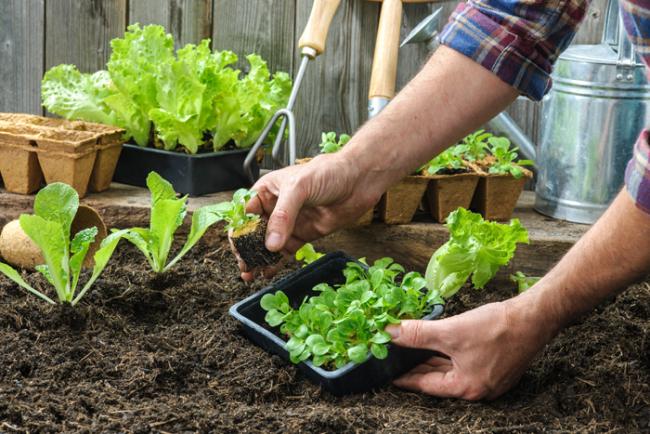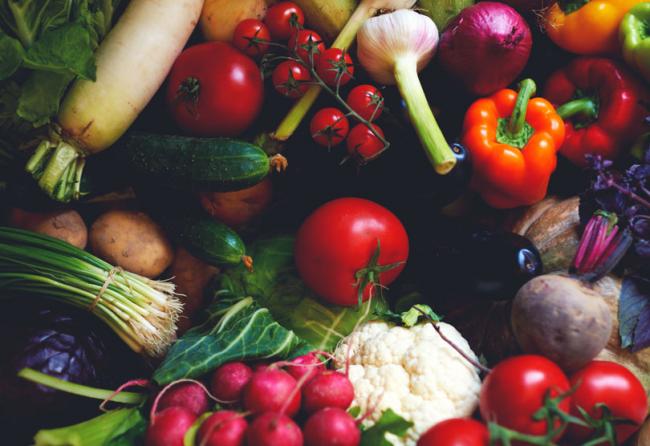Related Articles
- 29 Jan 21Adrenal fatigue affects individuals who suffer from a long stretch of physical, mental, environmental, or emotional stress. A “long stretch” can be defined as greater than three months. Adrenal fatigue can affect anyone, but individuals who are more likely to suffer from adrenal fatigue include single parents, individuals who are drug-dependent, those who have faced a life crisis or trauma, or those who have a stressful job circumstance.
- 27 Sep 21
Naturopathic doctors talk a lot about our emotional, mental, and spiritual wellbeing since these—along with the physical—make up the four pillars of holistic health care.
- 17 Dec 19
Sadness, hopelessness and loss of interest in previously interesting activities are the hallmark of a serious, well-known mood disorder commonly referred to as depression. The Diagnostic and Statistical Manual of Mental Disorders (DSM) defines the disorder based on specific emotions that one must feel for a set amount of time.
- 17 Dec 19
Energy medicine comes in many forms, defined as
anything that works on the energetic biofield of the
human body, also known as the aura. Focusing on
this aspect of health in turn has a ripple effect into
other aspects including emotional, mental, physical,
and even spiritual. I would like to focus this article
specifically on reiki of the Usui origin. - 12 Feb 20
Be honest, how often do you notice and pay attention to your breathing? A couple times a day, once a week, once a month... maybe never? Many of us are doing our best to get healthy by eating plenty of fruits and vegetables, lean proteins sources, and healthy fats as well as exercising, and trying to reduce our stress, but often the same can't be said of breathing.
- 12 Feb 20
Metabolic syndrome is a cluster of risk factors that increase one’s chances of developing serious illnesses in the future. Metabolic syndrome doubles the chance of developing cardiovascular disease while increasing the risk of diabetes, fatty liver, and several types of cancers.[1][2]
- 09 Jan 20
In an ever-evolving and modernizing world, we often overlook some of the simplest things. Many cultures are based around certain foods and religious values that teach a way of life. In these cultures, practising these religious values creates a sense of community that binds the group together and further emphasizes the culture. But as families move to new cities and countries, holding on to that cultural upbringing that includes religion becomes harder and harder.
- 05 May 20
Acne (or acne vulgaris) is one of the most common skin conditions, affecting 64% of people in their 20s and 43% of people in their 30s. It affects the pilosebaceous units of the skin, which is essentially the oil gland and hair follicle. It usually affects the largest, hormone-responsive sebaceous glands such as those on the face, chest, neck and back.
- 05 May 20
Do you ever question if your health is being helped or hindered by technology? With modern technology advancing, there is a diminished need to leave your home, let alone get off your couch.
- 08 Jul 20
As the COVID-19 pandemic seemed to shut down the world, grocery stores, or at least what was left on the shelves at grocery stores, became an indicator of where people were at in their experience of the stressful event.
- 17 Aug 16
- 05 Jun 17
- 17 Jul 16
- 17 Aug 16
- 02 Nov 16
- 17 Jun 16
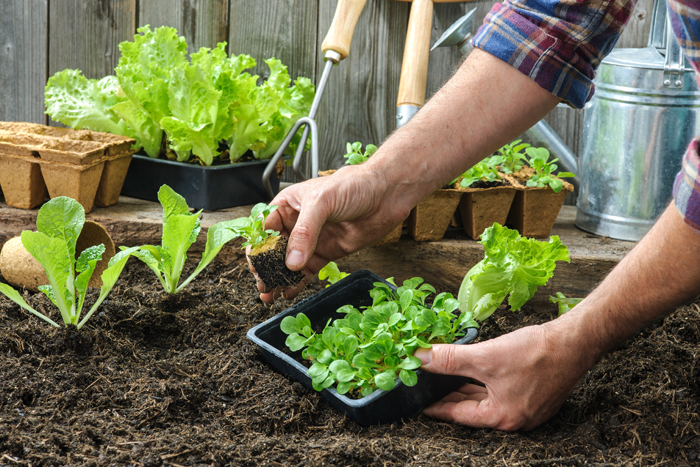 Are you spending enough time outdoors? A recent study found that gardening can be a promising strategy to improve fruit and vegetable consumption, physical activity, and physical function in cancer survivors.[1] When we think about all of the different health habits that could have high return on investment, fruit and vegetable consumption and physical activity are at the top of the list.
Are you spending enough time outdoors? A recent study found that gardening can be a promising strategy to improve fruit and vegetable consumption, physical activity, and physical function in cancer survivors.[1] When we think about all of the different health habits that could have high return on investment, fruit and vegetable consumption and physical activity are at the top of the list. - 02 Sep 15
- 07 May 15
 Generalized Anxiety Disorder (GAD) is the medical name for anxiety. Everyone worries about important things in life, such as family, work, and health. People who have GAD are extremely worried about these and other smaller things, even when there is little reason to worry about them. There are multiple ways in which the worrying of GAD is worse. The first is the intensity of the worry.
Generalized Anxiety Disorder (GAD) is the medical name for anxiety. Everyone worries about important things in life, such as family, work, and health. People who have GAD are extremely worried about these and other smaller things, even when there is little reason to worry about them. There are multiple ways in which the worrying of GAD is worse. The first is the intensity of the worry. - 12 Apr 17
- 13 Feb 16
Restless leg syndrome (RLS) is a condition that affects the part of the nervous system that causes an urge to move the legs. It usually interferes with sleep, so it can also be considered a sleep disorder. RLS can be quite troubling depending on the intensity of the symptoms. Symptoms include itching, burning, aching, and a desire to move the legs (for no apparent reason).
Newsletter
Most Popular
- 03 May 17
- 09 Apr 16
- 17 Jun 13
- 17 Jun 13
- 17 Jun 13
- 01 Jul 13
- 17 Jun 13
- 17 Jun 13
- 17 Jun 13
- 01 Jul 13
- 17 Jun 13
- 17 Jun 13
- 17 Jun 13
- 01 Jul 13








